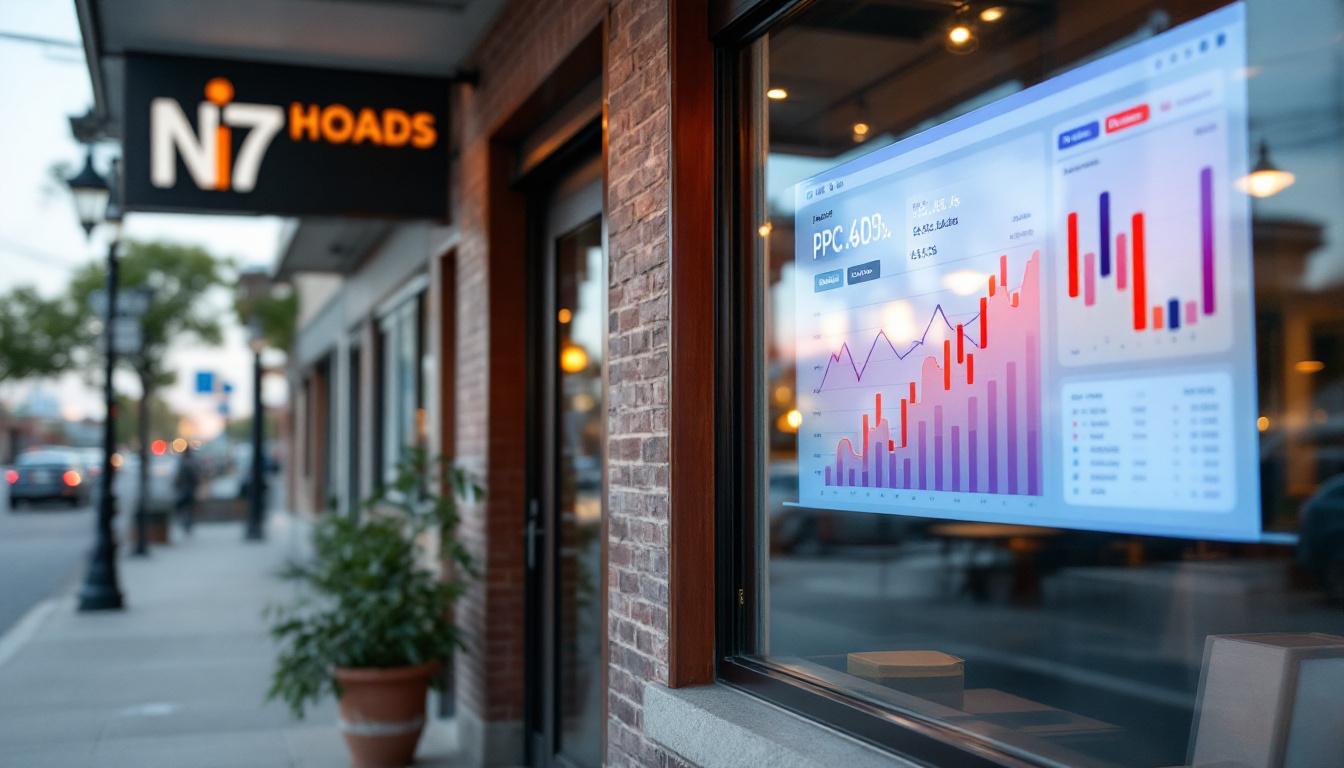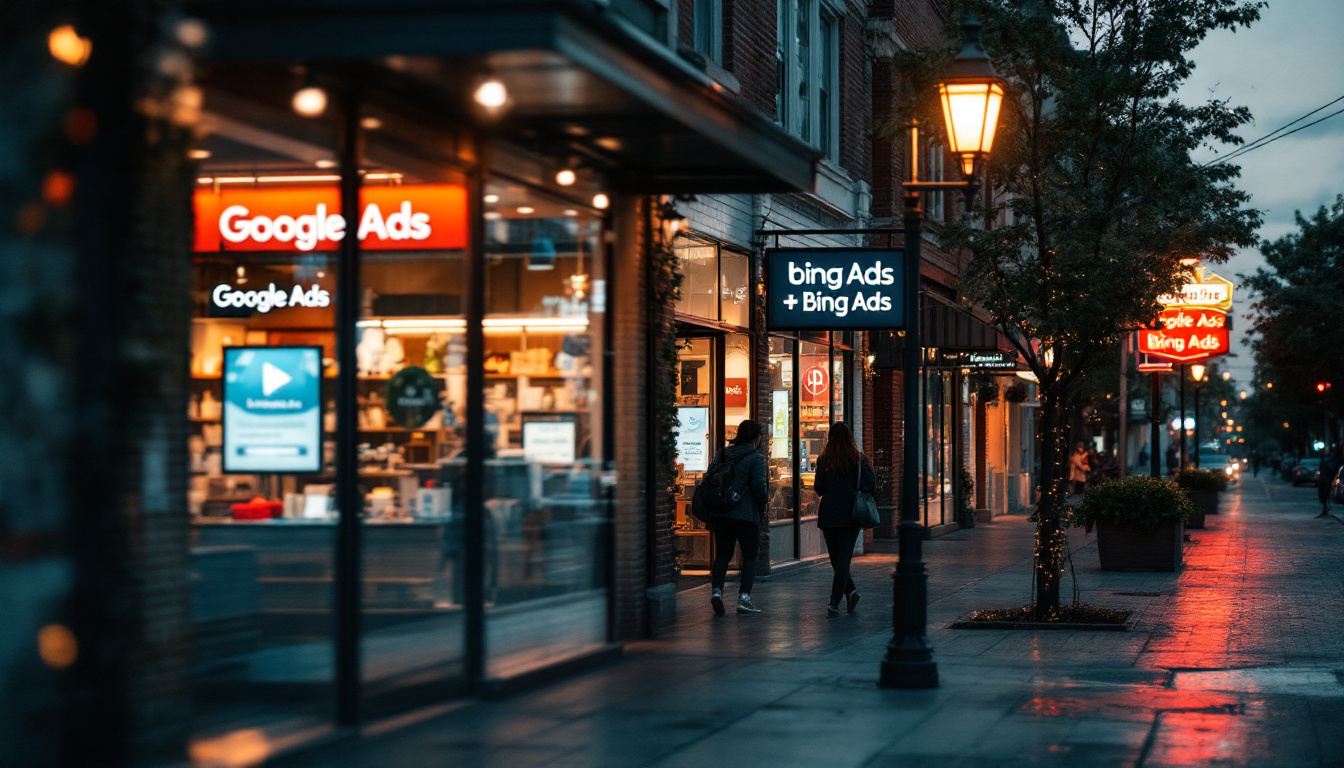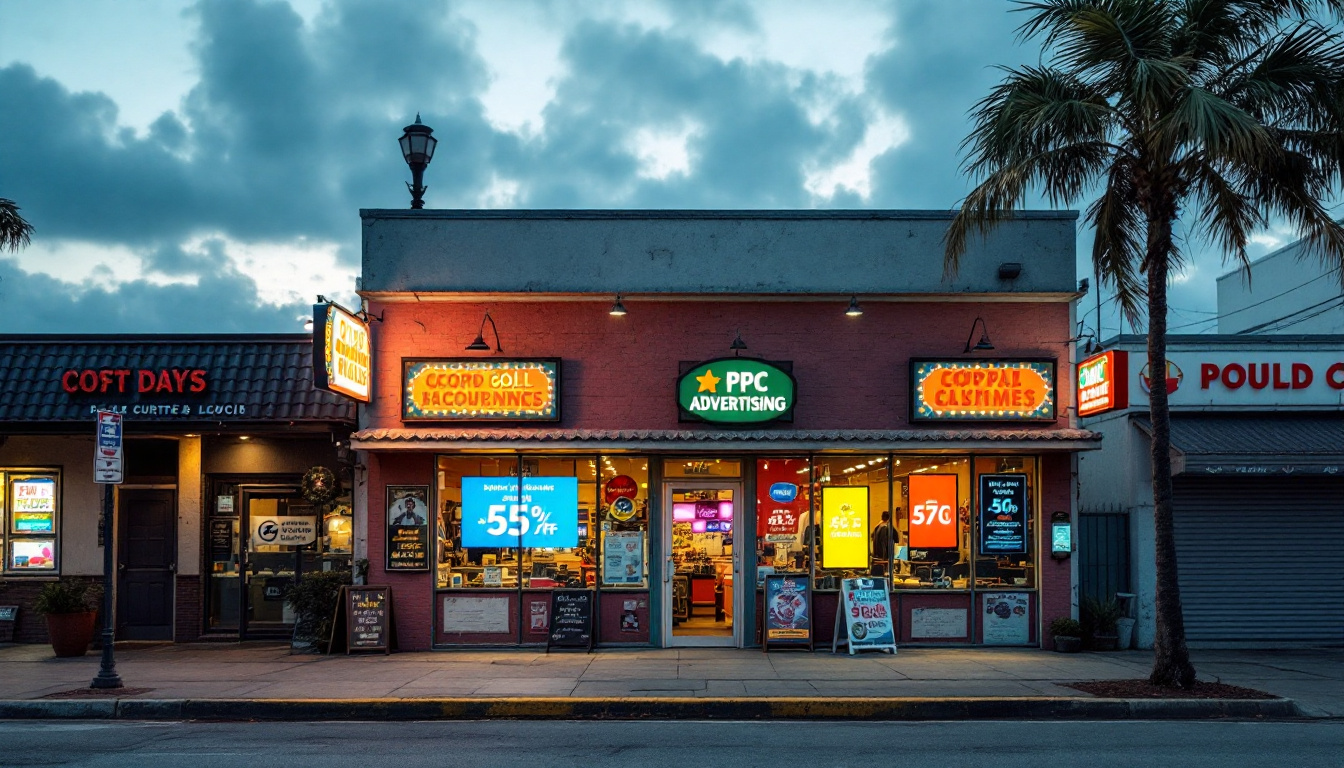Top PPC FAQs Answered for Corpus Christi, TX Businesses

Pay-per-click (PPC) advertising is a powerful tool for businesses looking to enhance their online presence and increase sales. For companies in Corpus Christi, TX, understanding the fundamentals of PPC can provide a significant advantage in a competitive market. This article addresses some of the most frequently asked questions about PPC to help local businesses navigate this complex landscape.
What is PPC and how does it work?
PPC, or pay-per-click, is an online advertising model where advertisers pay a fee each time their ad is clicked. Essentially, it’s a way to buy visits to your site rather than earning them organically. Marketing platforms such as Google Ads allow businesses to create targeted advertisements that show up in search results or on websites. This model has gained immense popularity due to its ability to provide measurable results and immediate traffic, making it an attractive option for businesses of all sizes.
The process begins with selecting keywords related to your business that potential customers might use to search for your products or services. Advertisers set bids on these keywords; the ads are then displayed based on the relevance and quality of the ad as well as the bid amount. When users click on these ads, they are directed to the business’s website, where they can learn more or make a purchase. This direct pathway from ad to landing page is designed to streamline the customer journey, increasing the likelihood of conversion.
Types of PPC Campaigns
Various forms of PPC campaigns exist, each tailored for specific objectives. Some common types include:
- Search Ads: Text ads that appear on search engine results pages.
- Display Ads: Visual ads that appear on websites across the internet.
- Remarketing Ads: Ads targeted at users who have previously interacted with your site.
- Shopping Ads: Product-based ads that feature images and prices, typically used by e-commerce companies.
In addition to these standard formats, there are also more specialized types of PPC campaigns, such as video ads that appear on platforms like YouTube, and social media ads that leverage the targeting capabilities of platforms like Facebook and Instagram. Each type of campaign can be strategically used to reach specific audiences, enhance brand visibility, and drive conversions, making it essential for marketers to choose the right format based on their goals and target demographics.
The Role of Quality Score
A key component of PPC is the Quality Score, which measures the relevance of your keywords, ads, and landing pages. A higher Quality Score can lead to lower costs and better ad placements. Therefore, optimizing your entire campaign for relevance and user experience is crucial for success. Factors that contribute to Quality Score include the click-through rate (CTR) of your ads, the relevance of your keywords to the ad text, and the overall user experience on your landing page.
Improving your Quality Score not only helps in reducing your cost-per-click (CPC) but also enhances your ad visibility, allowing you to compete more effectively against other advertisers. This means that a well-optimized campaign can yield better results even with a lower budget, emphasizing the importance of continuous monitoring and adjustment of your PPC strategies. By focusing on delivering high-quality, relevant content to users, businesses can maximize their return on investment in PPC advertising.
Why is PPC important for local businesses?
PPC advertising is especially vital for local businesses due to its ability to target specific audiences effectively. For businesses in Corpus Christi, PPC can help reach potential customers in the local area, driving more foot traffic to brick-and-mortar stores or increasing visits to websites. This targeted approach not only enhances the likelihood of conversions but also fosters a sense of community engagement, as local consumers often prefer to support businesses that are nearby and accessible.

Moreover, PPC allows for increased visibility in search engines. With many consumers relying on online searches to find local services and products, having a prominent ad can put your business in front of interested customers at the right moment. This is particularly crucial in a competitive market where local businesses vie for attention. By appearing at the top of search results, businesses can establish brand recognition and trust, which are essential for attracting new clientele.
Benefits of PPC for Local Businesses
Some benefits that local businesses can derive from PPC include:
- Quick Results: Unlike organic search strategies, which can take time to yield results, PPC can provide immediate visibility and traffic.
- Measurable Outcomes: PPC campaigns offer detailed tracking and reporting, allowing businesses to see what works and refine their strategies accordingly.
- Flexible Budgeting: Businesses can control how much they spend and can modify their budget based on performance.
Targeted Advertising
PPC campaigns can be finely tuned to reach specific demographics, geographical locations, and interests. This level of targeting ensures that advertising budgets are utilized effectively by focusing on the most relevant audiences. For instance, a local restaurant can target ads to users searching for dining options within a certain radius, ensuring that their promotions reach hungry patrons nearby. Additionally, seasonal promotions can be tailored to coincide with local events or holidays, maximizing the impact of the advertising spend.
Furthermore, the ability to use geo-targeting features in PPC campaigns allows businesses to customize their messages based on the audience's location. This means that a local service provider can promote special offers to residents of specific neighborhoods, enhancing the relevance of their ads. By leveraging local keywords and phrases, businesses can connect with their community on a more personal level, fostering loyalty and encouraging repeat visits.
How to select the best PPC platform?
Choosing the right PPC platform can significantly impact the success of your advertising efforts. Various platforms are available, each with unique strengths and weaknesses.
Google Ads is the most popular and widely used platform, allowing businesses to access the largest search engine audience. However, platforms such as Bing Ads or social media advertising options like Facebook Ads and Instagram Ads can also provide effective alternatives. Each platform has its own set of tools and features that can enhance your advertising strategy, making it crucial to understand how they align with your business objectives.
Considerations When Choosing a Platform
When selecting a PPC platform, consider the following:
- Your Target Audience: Different platforms attract varied demographics, so choose one where your audience is most active.
- Your Budget: Some platforms may be more cost-effective than others, depending on the competition in your industry.
- Your Goals: Determine what you want to achieve with your PPC campaigns, whether it's brand visibility, lead generation, or direct sales.
In addition to these factors, it's also important to assess the available targeting options on each platform. For instance, Google Ads offers keyword targeting, while Facebook Ads allows for detailed demographic and interest-based targeting. This can help you reach your audience more effectively and ensure that your ads resonate with them. Furthermore, consider the analytics and reporting features provided by each platform, as these tools are essential for tracking performance and making data-driven decisions.
Experimentation
Finally, don’t hesitate to experiment with multiple platforms to discover what works best for your business. Each platform may serve different aspects of your marketing strategy, so it may be beneficial to deploy a multi-channel approach. For example, while Google Ads might be ideal for capturing high-intent search traffic, social media platforms could be more effective for building brand awareness and engaging with potential customers. Testing various ad formats, such as video ads on Instagram or text ads on Bing, can also provide insights into what resonates most with your audience.
Moreover, keep an eye on industry trends and emerging platforms that may offer new opportunities for your PPC campaigns. With the digital landscape constantly evolving, staying informed about the latest features and best practices can give you a competitive edge. Regularly revisiting your strategy and being open to adjusting your approach will help ensure that your PPC efforts remain effective and aligned with your overall marketing goals.
What are the costs associated with PPC?
The costs of PPC can vary widely based on several factors, including industry, competition for keywords, and the bidding strategy employed. Typically, businesses are charged on a cost-per-click (CPC) basis, meaning they only pay when someone clicks on their ad.

It's essential to set a budget and monitor your spending closely. You may encounter additional costs associated with managing campaigns, creating ad content, and optimizing landing pages. However, with careful planning, PPC can yield a strong return on investment.
Strategies to Manage Costs
To keep PPC costs manageable:
- Use Negative Keywords: Exclude irrelevant search terms to avoid wasting your budget.
- Refine Targeting: Focus your ads on specific demographics and locations to enhance relevancy.
- Regular Monitoring: Continuously review and adjust your campaigns based on performance data.
Expected Cost Ranges
In Corpus Christi, the cost of PPC can vary significantly, often ranging from $0.50 to $5.00 per click, depending on the competition in your industry. Knowing the average CPC can help you estimate your budget more accurately.
How to measure the success of your PPC campaigns?
Measuring the effectiveness of your PPC campaigns is crucial for understanding your return on investment and making informed adjustments. There are several key performance indicators (KPIs) you should monitor.
One of the most essential KPIs is the click-through rate (CTR), which indicates how well your ads resonate with viewers. A high CTR means users find your ads relevant, whereas a low CTR suggests the need for optimization.
Key Metrics to Track
Alongside CTR, consider tracking:
- Conversion Rate: The percentage of visitors that complete a desired action after clicking your ad.
- Cost per Conversion: The amount spent to acquire a customer through PPC.
- Return on Ad Spend (ROAS): Measures the revenue generated for every dollar spent on advertising.
Tools for Measurement
Utilizing analytics tools, such as Google Analytics, can provide deeper insights into user behavior post-click. These insights can inform adjustments to your campaign strategies for improved results.
In conclusion, understanding the complexities of PPC advertising is essential for Corpus Christi businesses seeking to thrive in a digital marketplace. By answering these common FAQs, you are well on your way to creating effective PPC campaigns that can propel your business forward.

As a Google Ads expert, I bring proven expertise in optimizing advertising campaigns to maximize ROI.
I specialize in sharing advanced strategies and targeted tips to refine Google Ads campaign management.
Committed to staying ahead of the latest trends and algorithms, I ensure that my clients receive cutting-edge solutions.
My passion for digital marketing and my ability to interpret data for strategic insights enable me to offer high-level consulting that aims to exceed expectations.









